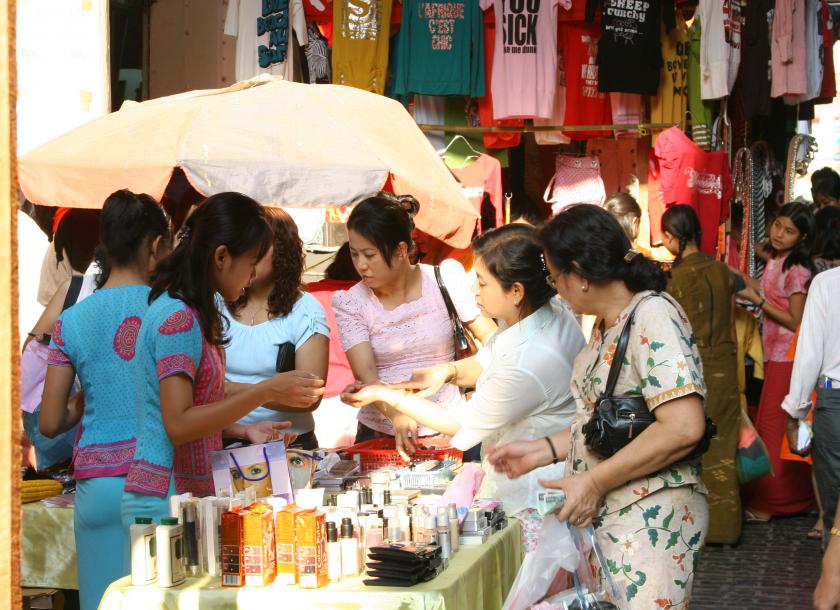Myanmar: Counterfeit goods and illegal trade deters investors, draws focus on lack of IP laws
Even though Myanmar has prioritised economic development and identified the sectors it wishes to promote, the counterfeit goods markets and illegal trading activities could undermine the government’s efforts to spur growth.
That’s because the problems pose significant threats to start-ups and deter foreign direct investments into certain sectors.
“The pervasiveness of counterfeit goods in the market and theft of ideas are big challenges for small businesses. They have to compete with counterfeit goods which are cheaper than the original products,” Dr. May Pyae Sone Kywe, c hair of the Myanmar Young Entrepreneurs Association told The Myanmar Times.
“Even though the amount of businesses affected can’t be known as there is no specific data, the amount will be large due to the discussions and complaints at our meetings. Many small businesses are afraid of disclosing their ideas.”
“Though help is sought at every meeting between respective departments and businessmen, there has so far been no effective solution. We have to wait and see if things improve when the IP rights law is enacted,” Dr. May Pyae Sone Kywe said.
In Myanmar, the main reason for the large counterfeit goods market is weakness in controlling illegal trade, said experts. The problem is so pervasive, even large multinationals face setbacks from it.
Take Japanese seasoning maker Ajinomoto, for example. According to its executives, there are many low-quality seasoning powders and products labelled with the ‘Ajinomoto’ trade mark in Myanmar. These counterfeit products are packed into sachets labelled under Ajinomoto and then resold on the market.
“Since opening our factory in Thilawa Special Economic Zone last year, we have seen counterfeit Ajinomoto goods are everywhere. It is a big risk for us as it can affect our image. We cannot do it alone. We need government support. We hope for it,” Ajinomoto Co. chair Mr. Takaaki Nishii said last month.
To address the problem, four Intellectual Property (IP) rights bills have been drafted. However, it could be another three years at least before the laws are enacted.
“The bills are still at the draft stage. The law can be effective by 2020. We have to try to bear with the problem until then,” said U Min Tayza Nyunt Tin, director from IP law firm MN Associates.
In the meantime, efforts to educate consumers and discourage them from buying counterfeit goods can be taken, he said.
The government should also take measures to prevent the illegal import of counterfeit goods. “Myanmar is actually not in a position to produce counterfeit goods. Many counterfeit goods come from China. This is illegal trade and should be urgently handled.” he said.
Under the previous government, the Ministry of Commerce seized about K8 billion worth of illegal goods per year, The Myanmar Times understands.
Source: https://www.mmtimes.com/news/counterfeit-goods-and-illegal-trade-deters-investors-draws-focus-lack-ip-laws.html


 Thailand
Thailand




